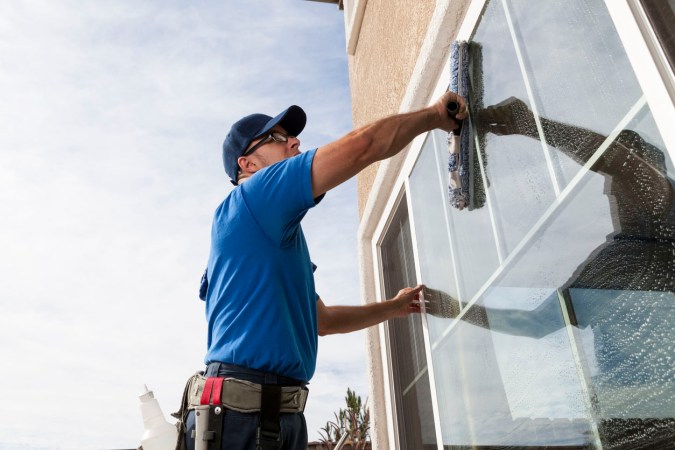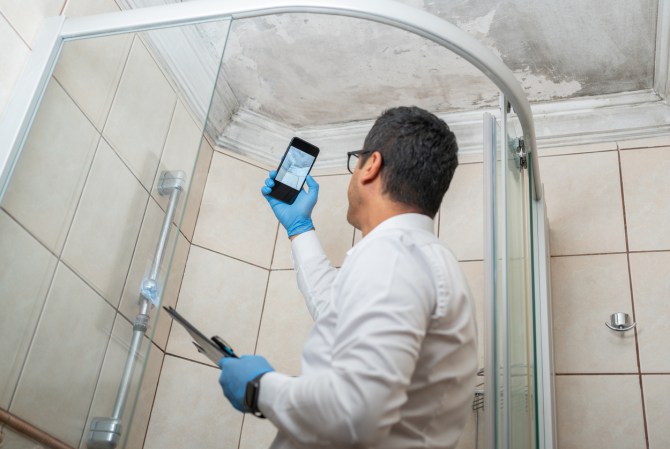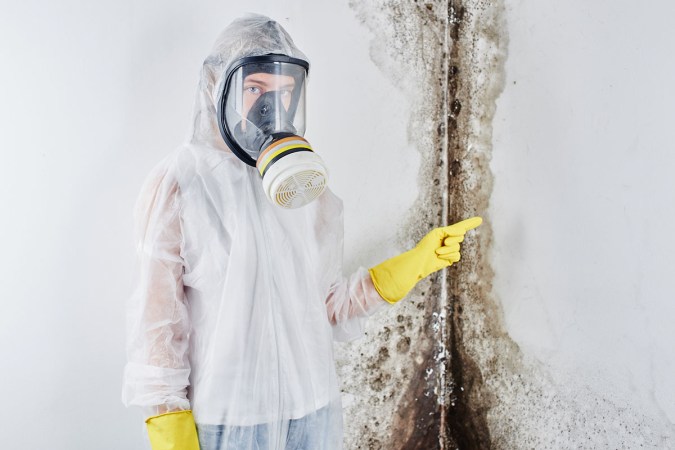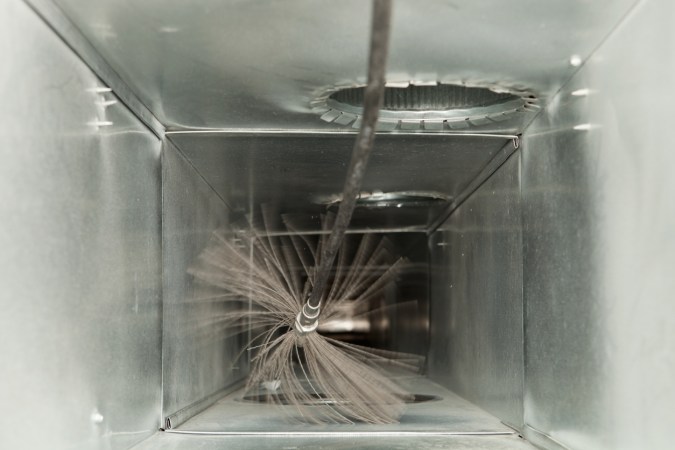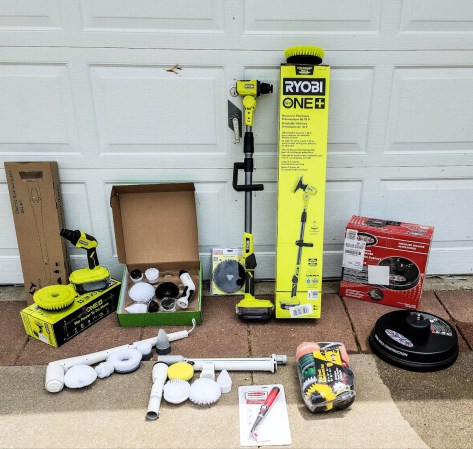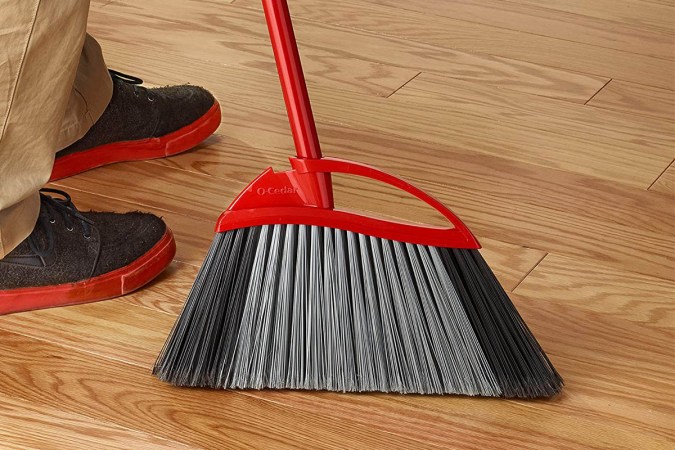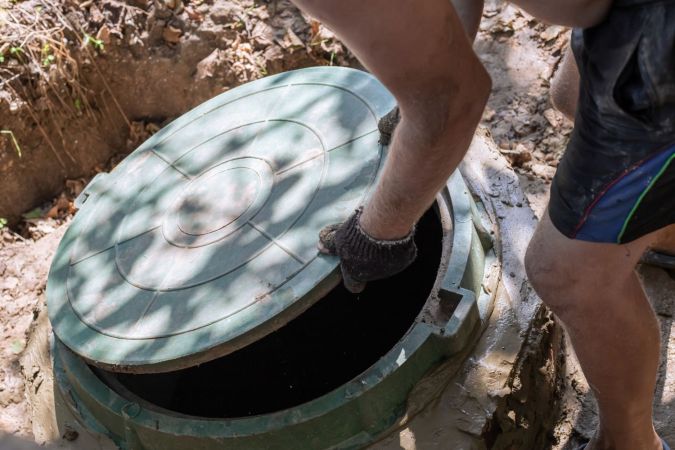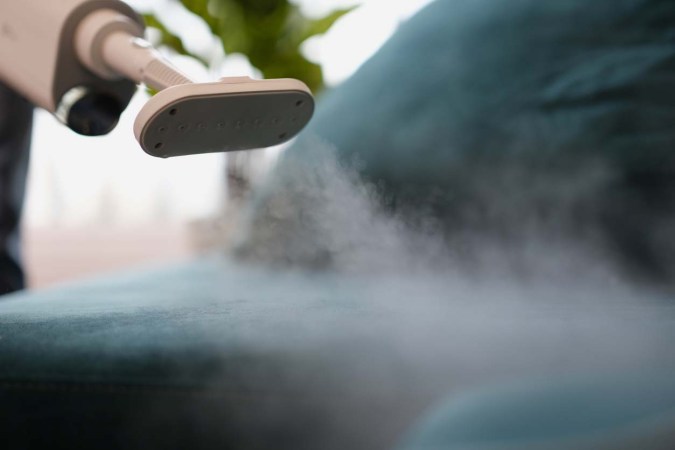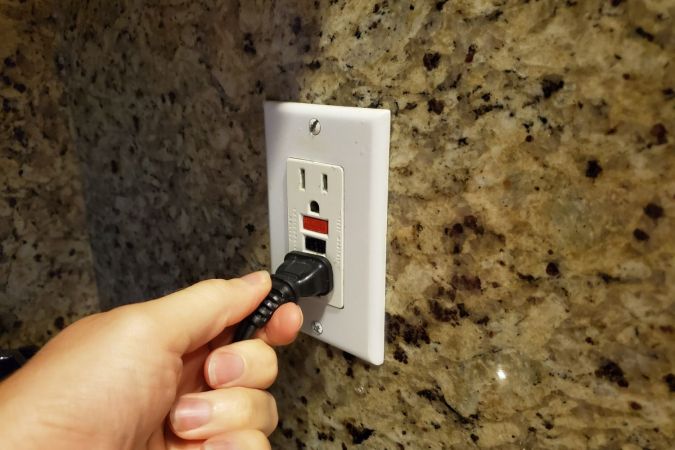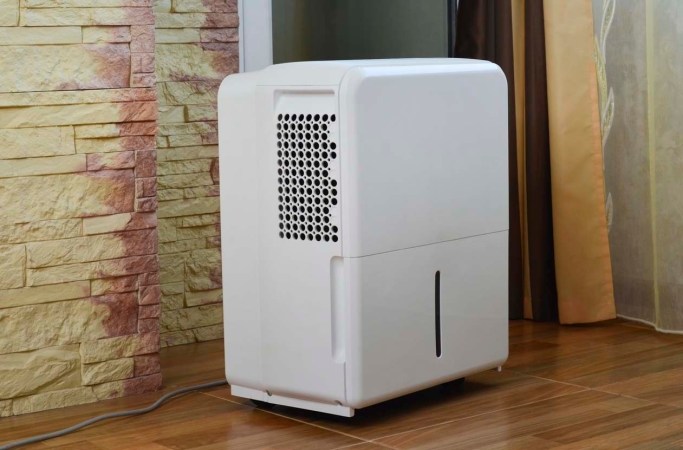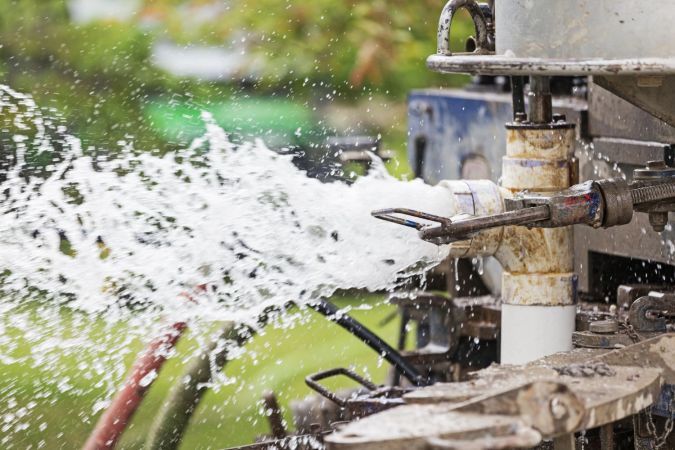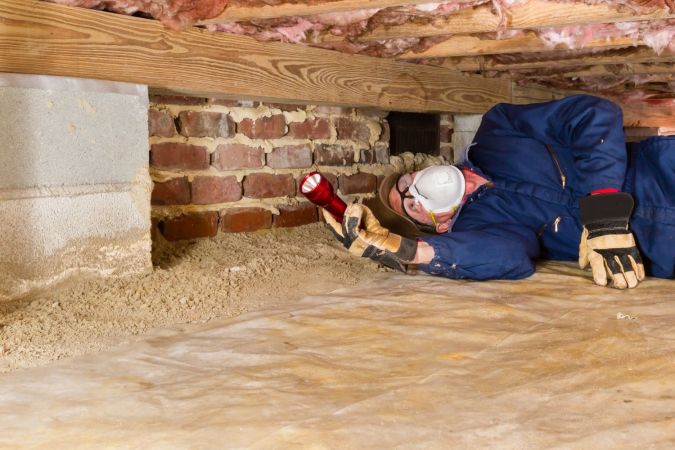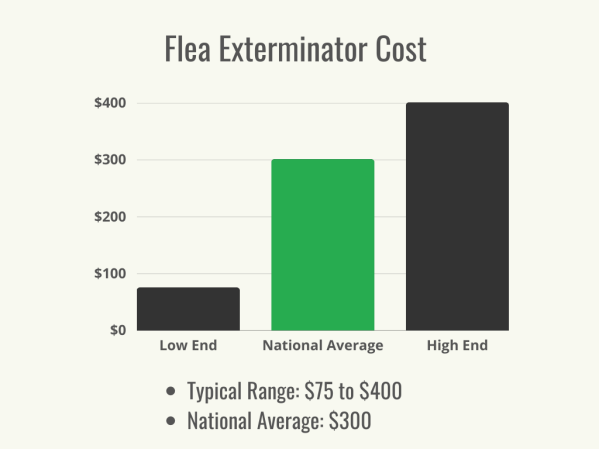We may earn revenue from the products available on this page and participate in affiliate programs. Learn More ›
Highlights
- The national average cost for cleaning-business insurance is $394 per month for a policy that covers all aspects of a cleaning business.
- The total cost depends on several key factors, including the type and amount of coverage, the type of cleaning business, the insurance provider, the available discounts, the number of people employed by the business, and the risk level of the business.
- Cleaning-business insurance is recommended for owners of cleaning businesses in most cases. A certain amount of business insurance may be required by the state in which the cleaning business operates; additionally, clients might prefer to work with insured cleaners.
Opening a business, large or small, is a risk—a venture that only brave entrepreneurs are willing to take on. Oftentimes, opening a new business includes sinking a substantial amount of savings (and potentially loan income) into the project on speculation that the business will do well and succeed. In order to safeguard that investment, there are a number of insurance policies that can protect against loss, damage, theft, fire, injury costs, and quite a few other things that can unexpectedly cause a setback for a business owner. Of course, it’s important for the business owner to balance the cost of the insurance against the benefits it will provide, as insurance is a risk in and of itself.
According to Insureon, cleaning-business insurance costs $394 per month on average for a policy that includes liability, property, workers’ compensation, commercial auto, umbrella, and janitorial bond coverage. Cleaning-business owners can expect to pay less than this if they don’t opt for all types of coverage available, and more than the average if they add additional coverage to their policy. That may seem like a high amount, but it’s peanuts compared to the amount a business owner may need to pay out if they or an employee of their company are responsible for damaging a customer’s property or causing a car accident while driving a company vehicle.
Cleaning businesses come with a moderate amount of risk; there are certainly some risk factors when dealing with cleaning solvents, ladders, windows, wet floors, and heavy machinery, but it isn’t a particularly high-risk field. On the other hand, cleaning businesses may be subject to claims or lawsuits if furniture, flooring, or soft furnishings are damaged during cleaning, and from time to time even the best cleaning services may be accused of stealing or losing objects of value. Because of these risks, there are certain types of coverage that are particularly important for cleaning businesses, such as janitorial bonds and umbrella coverage. The total cost of this coverage is determined by examining a number of factors and creating a total picture of the risk and selected benefits as the business owner decides how much they’re willing to pay versus how much they’re willing to lose.
Factors in Calculating Cleaning-Business Insurance Cost
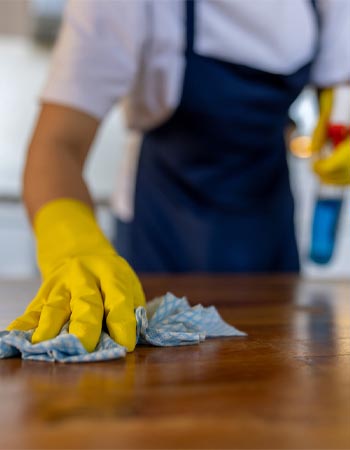
Pricing out insurance costs for any business is influenced by several components. Some of these components have to do with the business itself, its location, the kind of work it does, and how many employees it has. Other components involve the type and amount of coverage requested. All of these factors will affect the cost of the coverage overall, and while some are within the control of the business owner, others are determined by the insurance provider.
Coverage Type
Purchasing insurance for a business isn’t a one-size-fits-all proposition; actually, there are a surprising number of different types of insurance policies. The types will be familiar to many people who have had to purchase homeowners insurance, as some of the policies (property, auto, liability, and umbrella) are similar to those someone might purchase for personal use. Others, such as workers’ compensation, janitorial bonding, inland marine, and business interruption policies, are geared more toward commercial use. Each of these types of insurance comes at a cost, so the total cost of the insurance will depend on what combination the business owner deems necessary.
Coverage Amount
When purchasing an insurance policy, the carrier will often offer predetermined coverage limit options—in other words, the maximum the company will pay for each covered event and over the course of the policy period. The business owner can select what they feel is an appropriate amount of coverage, and the premium charge will adjust accordingly. Therefore, if the owner chooses the lowest coverage amount, the cost of the policy will be lower than if they had chosen a higher coverage amount. Business owners can use this selection to scale their overall costs based on how much risk they’re comfortable with: If they pay a little less up front and need to file a claim, they may receive only a small amount of cash for their claim; however, they keep the additional premium amount in their pocket. This is a risk some business owners are willing to absorb to keep costs in check. Other business owners are willing to pay more up front even though they may never need to make a claim and may lose the investment of the higher premium; some are willing to pay a higher premium to ensure that the benefit is higher in the event they do need to file a claim.
Business Type
Risk is a huge driver of insurance prices because insurance companies need to take in more in premiums than they pay out in claims. Therefore, the insurance companies will assign a higher cost to business types they feel are more likely to file claims or businesses whose claims will be higher in cost. For example, a pool cleaning company will likely have a larger storage facility than a house cleaning company due to the need to store pool chemicals in a larger space, resulting in more square footage in property coverage. In addition, the harsh chemicals used to clean and maintain pools are more likely to cause injury to workers and more severe damage in the case of a fire or weather event. For this reason, pool cleaning company insurance will likely be higher, averaging around $693 per year, as opposed to house cleaning liability insurance rates, which average $504 per year. Each insurance company will have its own rubric to determine the cost based on risk, but this is outside of the business owner’s control.
Insurance Provider
Because each company has its own formula for determining cost, it’s very important that potential policyholders compare quotes from different companies (such as Thimble, Hiscox, Progressive, and more) before choosing a policy to buy. Total cost can swing quite widely from one company to another, and sometimes it’s tricky to compare the estimates, as different companies may bundle and package types of insurance together, which can make it tough to identify exactly what is being quoted. Each company should be able to provide an itemized statement of coverage types, costs, premiums, deductibles, and limits so customers can choose the best insurance provider for the needs of their particular cleaning business.
Discounts
Frequently, insurance companies will offer discounts to people who purchase more than one policy from the company. In some cases, the company itself will bundle policies: For example, a business owner’s policy is actually a bundle of general liability, commercial property, and business interruption insurance—three types of insurance that almost every business owner will want to have—all together in one convenient package that is priced slightly lower than the cost of purchasing the three policies individually. In other cases, a provider may offer a discount on any two or three types of policies, or to business owners who also purchase their personal auto or home insurance from the same company.
Geographic Location
Market prices rule everything—even insurance. Each insurance provider needs to stay competitive with other insurance companies while still making as large a profit as possible. That happy medium will be different in each region, based on a number of factors. For example, property insurance will cost more across the board in areas prone to natural disasters such as tornadoes or hurricanes. On the other hand, commercial auto policies will cost more in areas that receive a lot of snow or those with high accident rates.
Number of Employees
Some types of insurance, such as workers’ compensation coverage, is priced either individually or in blocks for businesses, with the cost depending on the number of people the policy is to cover; more people translate into a greater risk for injury and payout. Larger companies will pay more for workers’ compensation insurance, but also for liability, umbrella, business interruption, and bonding insurance because of the increased risk.
Claims History
As with any type of insurance, a history of claims can drive up the cost of insurance premiums. In many cases, a single claim won’t increase the premium cost, especially if the claim was for something unavoidable. Multiple claims, though, especially repeated claims for the same type of damage, can suggest that the business owner isn’t managing the business well, and they can mark the business as a higher risk. Higher risk equals higher cost.
Risk Level
The claims history is part of the risk level assessment that determines the premium cost. Other parts include the type of work the business does, the area and any threat of natural disasters and fire, the amount of travel and number of employees driving company vehicles, and, of course, the trustworthiness of the employees. For example, the best window cleaning services would want to make sure they had sufficient coverage to pay for any accidents that occur while an employee is climbing a ladder on the job. Again, the greater the risk of payout, the higher the premium cost will be.
Replacement Cost vs. Actual Cash Value Coverage
This factor is one of the few that the cleaning-business owner can choose. When purchasing an insurance policy, the buyer will have a choice between two methods of claims payout. Replacement cost coverage is when the insurance company pays what it will cost to have the property replaced based on the current market cost. Actual cash value will pay the owner the value of the item minus any depreciation that has occurred since the item was purchased. Since replacement value usually means a higher payout for insurance companies—sometimes much higher—the premiums for replacement cost policies are generally higher than for actual cash value policies.

Types of Cleaning-Business Insurance
Cleaning-business insurance isn’t a single product; it’s actually a collection of different types of insurance policies that cover different risk aspects of a business. Even then, the policies aren’t uniform: Window cleaning-business insurance policies might include more liability and workers’ comp coverage than a policy covering a regular house cleaning company, but the house cleaning company may need more in the way of a janitorial service bond, which is a type of janitorial insurance that protects both the business and its clients against theft. Handyman insurance costs may be higher for businesses that work with electricity than for those that stick to less dangerous projects. Each type of cleaning company will need a unique combination of coverage limits and types of insurance to protect them from loss. The types of coverage and their average annual costs are explained below.
| Type of Coverage | Average Annual Cost |
| Business interruption | Varies |
| Business owner’s policy | $520 |
| Commercial auto | $1,555 |
| Commercial property | $500 and up |
| Commercial umbrella | $758 |
| General liability | $530 |
| Inland marine | $2,500 |
| Janitorial service bond | $100 to $150 |
| Workers’ compensation | $1,785 |
Business Interruption
Following a covered event, businesses may have to pause their services while repairs to the building, automobiles, or machinery take place. This pause can interrupt the cash flow of the business, sometimes for months, which can be catastrophic. Business interruption insurance replaces a percentage of lost income during this time to help keep the business afloat while repairs are completed. The coverage can be used to continue paying employees or for temporary relocation and rent, so the cost of coverage will be based on the nature and size of the business and the likelihood that the business will be affected by a natural disaster.
Business Owner’s Policy (BOP)
A business owner’s policy protects the owner’s investment in the business. Ideal for many small businesses, it’s a collective policy that includes general liability insurance, commercial property insurance, and business interruption insurance. By packaging these policies together, commercial insurers are able to offer this set of basic policies to small businesses at a slightly lower cost than if they were purchased separately. The cost varies widely and is based on the type of business, number of locations, and any additional coverage that is necessary, but the average falls around $520 per year.
Commercial Auto
Being out on the road is risky: Road hazards, inattentive drivers, speeding, and road rage incidents all threaten employees on their way to work, especially when the job involves traveling from site to site to complete a day’s work. Because of the nature of a cleaning business, the employees are often carting supplies and equipment with them, making mass transit or ridesharing impractical. As a cleaning business grows, it may become more economical for a business to purchase or lease vehicles for commercial use. In that case, the company will need a commercial auto insurance policy to protect the investment in the vehicles, the supplies carried in the vehicles, and the employees driving them. Even if the business isn’t large enough yet to purchase dedicated vehicles, it would be a good idea for business owners to investigate auto coverage for hired (rented) vehicles or non-owned (personal vehicles belonging to the employees used for business purposes) auto coverage to protect the business from loss. The cost varies based on the number and type of vehicles, but it often falls around $1,555 per year.
Commercial Property
Similar to homeowners insurance, commercial property insurance covers the building that the business rents or owns as its office or warehouse space. The coverage varies somewhat, but in general, commercial property insurance covers the repair or replacement costs for damage resulting from fire, burglary, theft, wind and weather, lightning, and vandalism. This type of policy may be extended to include space and equipment located in a home-based business, as home-based businesses are generally excluded from homeowners insurance coverage. Some policies also include business interruption insurance, while other companies offer business interruption insurance as a separate policy. This type of coverage averages between $1,000 and $3,000 per million dollars of coverage, but again, based on the size of the policy and the type of business, the cost can range from as little as $500 per year to hundreds of thousands of dollars for larger corporations.
Commercial Umbrella
Every insurance policy includes a coverage limit. The limit may be per event, per policy term, or total payout. Depending on the nature and size of the business, an owner may feel the limits of their commercial policies are not high enough to cover their potential losses. When this is the case, a business owner will want to consider purchasing a commercial umbrella policy. This kind of policy adds coverage beyond the limits of any policies a business currently has in place to provide a wider range of coverage. The average cost of this coverage for a cleaning business is approximately $758 per year.
General Liability
This type of insurance protects a cleaning business from lawsuits and insurance claims stemming from bodily injury or property damage at an average cost of $45 per month or $530 per year. Should an employee accidentally drive the company car across a lawn and damage a fence, the auto insurance will cover any damage to the vehicle, but liability coverage will pay for the new fence. Liability insurance will also cover medical claims if a client trips over an employee’s vacuum cord, for instance.
General liability insurance is particularly important for owners of a cleaning service. Employees are handling potentially expensive furniture, furnishings, flooring, rugs, and other personal items. If any of these items are damaged during cleaning, the home’s owner could file suit against the cleaning company for damages, and general liability insurance would provide coverage for such expenses up to the policy limits.
Inland Marine
This is a policy that is attached not to a person, business, or location, but rather to specific pieces of listed equipment. For example, a brand-new commercial carpet cleaner might be prohibitively expensive to replace if it’s damaged or stolen, so adding it to an inland marine policy would ensure that the machine would be covered for damage or loss regardless of where the damage or loss occurred. The average cost of this coverage is about $2,500, but the number will be affected by state and local requirements for coverage, the size of the business, and the type of equipment that requires coverage.
Janitorial Service Bond
There are several types of bonds available to business owners. Janitorial service bonds are the most appropriate type for a cleaning company because they cover several different issues. A bond is essentially an insurance policy that will reimburse the client if one of the company’s workers steals something, loses something belonging to the client, or otherwise creates a property loss. This kind of policy protects the business and the workers: If an item is lost and an employee of the cleaning company is blamed, the insurance policy protects the worker from being unjustly damaged financially without genuine proof of misdeed, and it prevents the business owner from mounting an expensive defense. In addition, advising potential clients that a company is bonded provides reassurance and a great marketing option: Bonding companies won’t provide policies to companies that have many claims, so carrying a bond notation on advertising conveys to clients that the business is trustworthy. With an average cost of only $100 to $150 per year, bond insurance for small businesses is a worthwhile expense.
Workers’ Compensation
In a cleaning business, it’s somewhat more likely that a worker may be injured during the course of their duties than they would in other fields. Working with cleaning chemicals, spending time on ladders, and using heavy cleaning equipment all provide plenty of opportunities for injury. When a worker is injured on the job, workers’ compensation insurance will cover the employee’s medical care and any lost wages to support the employee’s full recovery and protect the business from having to pay wages to someone who isn’t working. In many states, businesses with more than a certain number of employees are required to carry workers’ compensation insurance. For a business owner, the cost of workers’ compensation coverage will depend on the risk factors involved in the line of work and the number of employees to be covered, but the average is about $1,785 annually.
Do I Need Cleaning-Business Insurance?
For those who have never needed to file a claim, insurance can seem like an unnecessary expense, and it’s easy to let policies lapse. However, letting a policy lapse is practically an engraved invitation for disaster to strike, so it’s best for policyholders to avoid letting that happen. There are reasons other than avoiding tempting fate to carry business insurance on a cleaning company.
State Requirements
Each state has a slightly different policy regarding business insurance. In some states, companies that are sole proprietorships (single owner/employee, no other employees, no contractors) can choose not to carry insurance, though they would absolutely benefit from it. Other states require coverage based on the type of business or number of employees, so it’s a good idea to check with the state insurance board for details. Federal law, however, does require all companies with any employees to pay for workers’ compensation and unemployment insurance, and some states require businesses to also carry disability insurance.
Client Requirements
A wise customer will request proof of licensing (if applicable) and insurance from any company or contractor they’re considering hiring. Why? If the business doesn’t carry insurance and melts all of the client’s carpets, the customer will be left with ruined carpeting and no clear financial recourse. If an item is broken or lost, the customer is on the hook. If a worker gets hurt during the course of the cleaning, the worker can sue the customer for damages. To protect themselves, customers will ask for proof of bonding and insurance from companies, and being able to immediately produce evidence of coverage makes the company more desirable.
Business Protection
Disaster can strike anyone at any time. It rarely, if ever, adheres to plans. Insurance coverage can mean the difference between working to rebuild a warehouse devastated by fire and closing down the business entirely as a result of bankruptcy. Business owners have put their heart, soul, and cash (and often loans) on the line to pursue the dream of owning a business, and insurance, while adding a small cost, will go a long way toward helping them pick up and start to move forward after a loss.
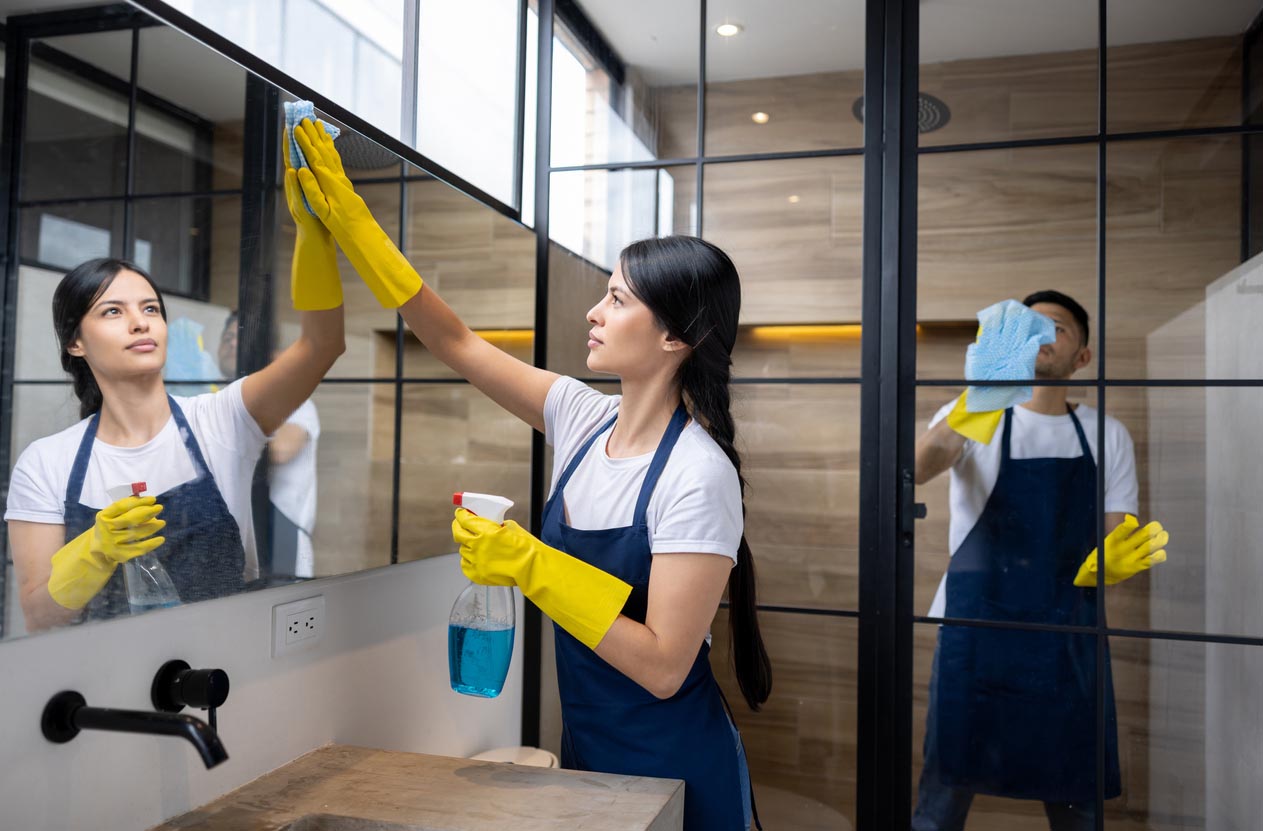
How to Save Money on Cleaning-Business Insurance Cost
Nobody wants to pay more for a service than they have to, especially when the only return the business can get on its investment requires a problem to occur. Luckily, there are ways to defray the cost.
- Shop around. When purchasing cleaning-business insurance initially, be sure to collect multiple quotes to get the very best deal.
- Ask about discounts. Check to see if the companies under consideration offer bundle discounts, or if there are discounts when multiple policies (say, homeowners and home auto along with business policies) are purchased from the same company.
- Assess coverage. Reassess the premiums and coverage limits annually, and check with the company or agent to see if there’s a better deal available.
- Re-shop annually. Collect new estimates from several companies each year to see if a competitor might offer a better deal on insurance coverage.
Questions to Ask About Cleaning-Business Insurance
A good commercial insurance agent should be able to provide wonderful guidance to a business owner who is shopping for insurance. To make sure the agent is reputable, business owners will want to make sure they have answers to these questions before taking out a policy:
- How long has your insurance company been in business? How long have you worked for it?
- Are you fully licensed and bonded?
- Can I see documentation?
- Have you worked with this type of business before?
- Can you bundle different accounts together?
- What do these policies not cover?
- How do I submit a claim, and how quickly will the payout arrive?
FAQs
There are quite a few variables when working on establishing a reasonable budget for coverage, but it’s tough for a customer to bargain when they don’t understand the components. The following are some frequently asked questions about this subject and their answers to help get business owners started on their quest for coverage.
Q. Does cleaning-business insurance cover independent contractors?
It can—in fact, some companies have special policies just for those who work alone. It will protect and benefit the person and their business to investigate each type of commercial insurance available.
Q. Is cleaning insurance legally mandated?
In most states, yes, house-cleaning insurance or commercial cleaning insurance is required. Business owners will want to check with local municipalities to find out which one is required both in the state where the business is located and where the job is done. It’s still strongly suggested that most businesses carry insurance even when it’s not required.
Q. What does it mean to be “bonded and insured”?
“Insured” is a broad term that includes all kinds of insurance. “Bonding” is when an insurance company collects funds from the insured and stores them to help the employer cover payouts for potential claims against the company. An insurance policy will pay out to protect the employer from lawsuits based on the actions of their employees, and a janitorial bond will protect both the employer and their clients against theft by employees. Policies may vary from state to state, so cleaning business owners will want to check with the state clerk’s office for details about how to get bonded and insured for a small business.
Q. What is the difference between business insurance and professional liability insurance?
General liability coverage is generally included in all liability policies. Professional liability cleaners insurance has some additional features extended that add protection to the business. For example, professional liability insurance covers a bookkeeper who made a clerical error that cost a great deal of money to repair or a tax preparer who misfiled a tax return and incurred penalties.
Q. Is it worth being a self-employed cleaner?
Logically, financially, and business-wise, it’s a great idea to be a self-employed cleaner. Independent cleaners can set their own hours, establish their own house cleaning costs, and decide what services they’d like to provide. They can collect payments, build their own team, and enjoy the privacy and flexibility that comes with being their own boss. Housekeeping insurance can protect the dream. It’s a great option for entrepreneurs and those who are interested in starting their own business from the ground up. Business owners who don’t have any employees other than themselves will want to make sure they have self-employed cleaner insurance.



